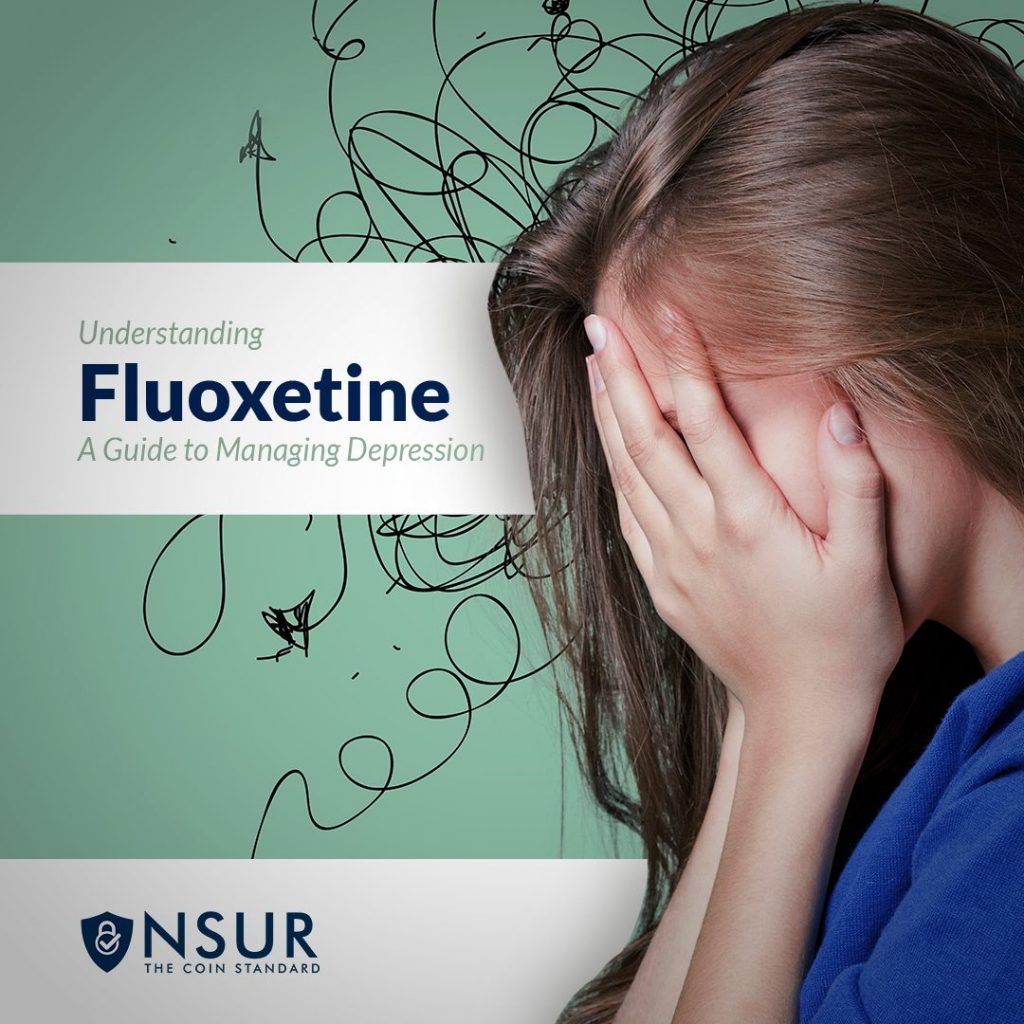
Depression is a complex mental health disorder that affects millions of people worldwide. It can profoundly impact one’s emotions, physical health, and daily functioning. Thankfully, advancements in medicine have led to the development of various antidepressants, one of which is Fluoxetine. This guide aims to provide a comprehensive understanding of Fluoxetine, including its benefits, side effects, and how it can be a vital component in managing depression.
What is Fluoxetine?
Fluoxetine, commonly known by its brand name Prozac, is a selective serotonin reuptake inhibitor (SSRI). It was one of the first SSRIs to be approved by the FDA in the late 1980s. SSRIs work by increasing the levels of serotonin in the brain, a neurotransmitter associated with feelings of well-being and happiness. By preventing the reabsorption (reuptake) of serotonin, Fluoxetine helps maintain higher levels of this neurotransmitter in the brain, which can improve mood and reduce symptoms of depression.
Benefits of Fluoxetine
Fluoxetine is prescribed not only for major depressive disorder but also for a range of other conditions, including obsessive-compulsive disorder (OCD), bulimia nervosa, panic disorder, and premenstrual dysphoric disorder (PMDD). The benefits of Fluoxetine include:
- Improved Mood and Cognitive Function: Patients often report an improvement in their overall mood, a reduction in feelings of sadness, and a more positive outlook on life.
- Reduced Anxiety: Fluoxetine can help alleviate the symptoms of anxiety, making it easier for individuals to manage daily stressors.
- Enhanced Sleep and Appetite: Though some may experience initial disturbances in sleep and appetite, many find that Fluoxetine eventually helps regulate these crucial aspects of health.
Side Effects and Considerations
As with any medication, Fluoxetine comes with potential side effects. Common ones include nausea, headaches, drowsiness, dizziness, insomnia, and changes in appetite. Most side effects are mild and tend to diminish as the body adjusts to the medication. However, it’s crucial to communicate with a healthcare provider about any persistent or bothersome side effects.
A significant consideration when starting Fluoxetine is the potential for increased suicidal thoughts or behavior, especially in young adults and adolescents. Close monitoring by healthcare professionals is essential during the initial treatment period.
Integrating Fluoxetine into Depression Management
Managing depression is a multifaceted approach that often includes medication, therapy, lifestyle changes, and support systems. Fluoxetine can be a cornerstone of treatment, but it’s most effective when combined with other strategies such as:
- Cognitive Behavioral Therapy (CBT): CBT and other forms of therapy can provide coping strategies and help modify negative thought patterns.
- Healthy Lifestyle Choices: Regular exercise, a nutritious diet, adequate sleep, and mindfulness practices can enhance the effectiveness of Fluoxetine.
- Support Networks: Connecting with friends, family, or support groups can provide encouragement and reduce feelings of isolation.
Take advantage of NSURx for your prescription drugs!
With the NSURx Prescription Benefit Card, you can save money on your medications at more than 35,000 pharmacies across the United States.
You can save up to 80% on your medication by using an NSURx card. Hundreds of dollars in savings could be yours every time you fill out your prescription.
The more you shop with NSURx, the more NSUR Coins you will receive as a reward.
Conclusion
Fluoxetine has been a game-changer in the treatment of depression and other related disorders. Its ability to improve mood and cognitive function has made it a popular choice among healthcare providers. While it’s not without its side effects, most individuals find these manageable and worth the benefits. Remember, managing depression is a journey that often requires patience, support, and a comprehensive treatment plan. If you or someone you know is struggling with depression, consult a healthcare provider to discuss whether Fluoxetine could be a suitable option.
Disclaimer
This blog post is intended for informational purposes only and should not be considered a substitute for professional medical advice. Always consult with a qualified healthcare provider for personalized recommendations and guidance.











